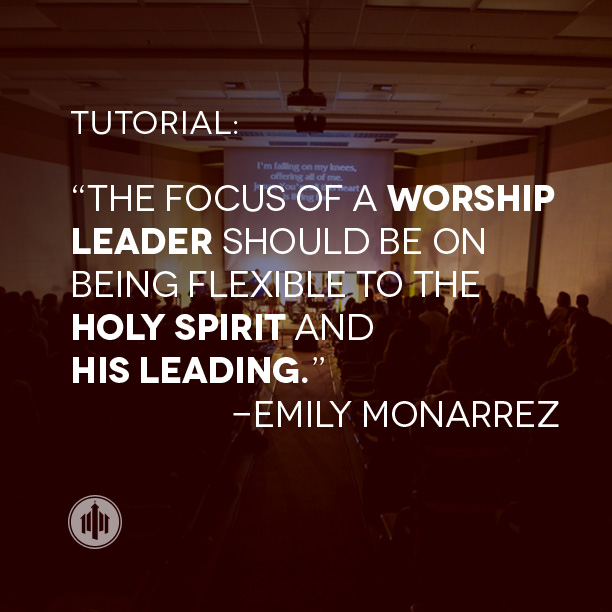Oh sing to the Lord a new song;
sing to the Lord, all the earth! – Psalm 96:1
A few things that stand out to me from this verse:
From an Ecclesiastes framework I think, ‘There is nothing new under the sun! How would any song be new?’ Or even reading from other psalms, ‘He knew all of my thoughts before they were originated. I highly doubt He would be surprised at any of my effort towards originality.’
Yet the reality is that in this verse, God is not needing a new song in order to be praised more adequately. It would be foolish to think that God would ask for something that was an impossibility to give in light of His omniscience.
And from our point of view, we tend to believe falsely that we too have all of life’s peculiarities sorted, and nothing could surprise us. Nothing is new. We so easily think that we are like Him. Especially now that we have so much information at our fingertips through the internet.
However, we know in our true nature we can find something ‘new’ daily if we really endeavored to look for it. This is not as much an insult to our intelligence or observation skills as it is a praise to God who created everything. On an individual level, we could spend our entire lives studying God and His creation, one ‘new’ thing after the next, but still not have learned everything. And we would always be better off at the end than we were at the beginning. Likewise it is so with our worship of Him, and therein lies the point behind Psalm 96:1. We need a new song in order to praise Him more deeply. It is about progressing deeper in worshiping Him.
“But, as it is written,
“What no eye has seen, nor ear heard,
nor the heart of man imagined,
what God has prepared for those who love Him”—1 Corinthians 2:9
Worship leaders should always be searching for songs that minister to their congregation’s current spiritual state, and takes them even deeper into worship of God. This is a key task of a worship leader. Finding new songs is one of the primary steps taken to do that. So here are some tips to help.
1. Adopt a pattern for introduction.
When my husband was a primary worship leader for the youth services at our church he was taught a system for cycling in new songs each semester. It was a pattern of two on, one off, and one on. Meaning for two weeks you introduce the song, then take a break for a week, and the following week you bring it back. On that fourth week you should have a pretty good idea from watching the congregation if the song is good to keep or toss. In very rare cases it took longer than a month to see if it impacted, but most of the time a month was perfect. He also highlighted the fact that indeed the song was new. And that helped gear the worship comments and feedback he received. Highlighting a song as new helps the congregation to feel comfortable to walk up and tell you either how it helped them, or why it did not fit them. This is your chance to exhort and encourage off the platform. Do not shy away from it, and do not be prideful. There are great spiritual lessons that can be taught from worship music, and our reaction to it. If they simply do not like you introducing a new song because they want to stick with their classics… I would refer them to the content at the beginning of this post.
2. Explain the song.
I know it is very depressing to have only 20 minutes for worship. And to be cowed into sticking to a timetable and reprimanded if you don’t. In a perfect world the pastor would deliver a flawless sermon matching all of your carefully chosen songs and you would just play music to your heart’s content. Yet most of the time that is not the case. Worshiping God should involve your head and your heart. And so if need be all worship leaders should be able to step up and explain any song. All leaders should be keeping their eyes open for opportunities to turn those cynical or confused stares into something deeper. Either through a quick comment on doctrine or the theological attribute a song is displaying. I personally have noted that when any songwriter’s testimony is shared, the congregation seems to become more involved as a whole. It may cut the playing time, but it can also deepen their worship of God. And that should always be the worship leader’s main goal.

3. Be flexible.
One of the worst ways you can incorporate a song is to stick to a concrete pattern. Another horrible way is to not stick to a pattern. Yes, this is contradictory. However a good worship leader should see that both of those phrases can be true depending on the context of the situation. Worship leaders will tend to agree more with the idea of flexibility because they see themselves as creative, imaginative, open hearted types. Some may even resonate with flexibility too much and think it means having a pattern one month, and then not having a pattern the very next month! Let’s change everything! How amazing! However when we are in that place of always changing things up, we are not actually walking in the fruit of the Spirit, namely, patience. The main focus of any worship leader should not be enlisting flexibility for the whims of our hearts, but rather being flexible to His Spirit and leading. And that may mean tossing a song you love, or keeping a song you hate for His glory.

